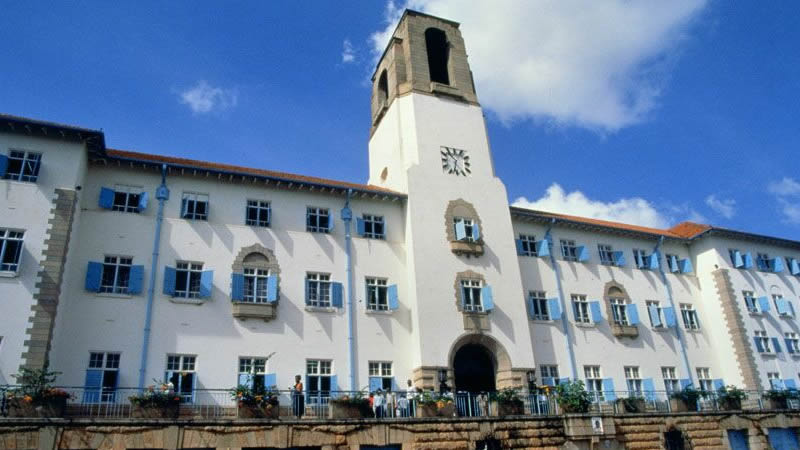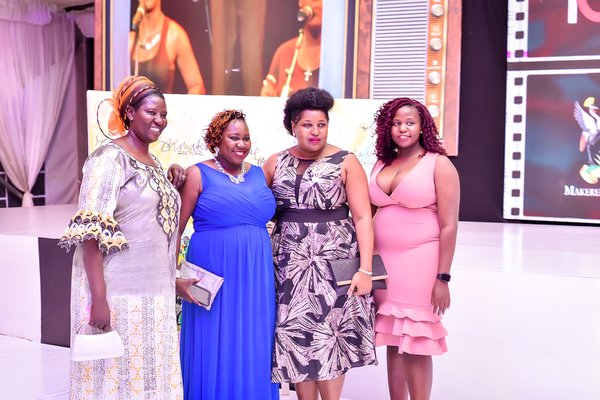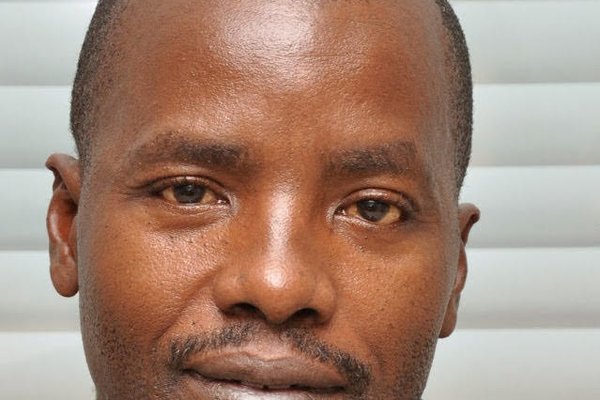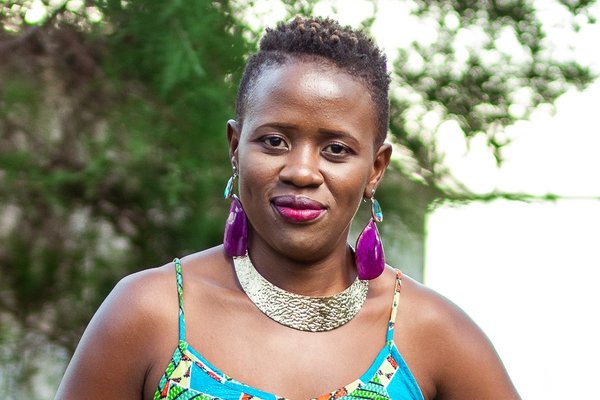By Isaac Kalembe
It’s almost three decades since we joined the Ivory Tower – as Makerere University was (and still is) known. The “we” here refers to the Mass Communication intake – the seventh since that prestigious course was introduced in 1988.
Indeed, Mass Communication was one of a handful prestigious courses at MUK (Makerere University, Uganda), though sadly now MAK (Makerere University, Kampala) after Moi University, Nairobi pipped the Ivory Tower to ownership rights of MUK after being the first to reserve that abbreviation!
That aside, ours was a close-knit group of budding scribes – the so-called “informed friends” - a term used by journalists to express their pride in the niche of their profession. Compare it with the “learned friends” (yes, you guessed right, the lawyers!)
When it all started
It was October 1, 1994 – I trust my memory – when we reported to university. After the induction and formalities by “Uncle George” (that’s how we fondly called our Dean of Students, George Kihuguru) in the Main Hall, we settled down to academics and campus life.
Something I will always remember about him is his revelation of the one rule governing students at Makerere University at the time (still in existence?): “You should always be in your room by midnight,” he said and added, “But nobody will be there to supervise you!”
Imagine what music it is to the ears of hot-blooded young Ugandans who have just been “emancipated” from the prying eyes of their parents or high schools! Not even the hint that the law would catch us only when we were found on its wrong side could deter us from “benching” or partying daily and every weekend at the Guild Canteen, and the Industrial Area-based Ange Noir (Black Angels), just to mention two.
It was not uncommon for students to go out after supper and return to the halls of residence in the wee hours of the morning – some as late as 7am! “We came here on merit,” one of our roommates who had scored triple A at A-Level, moreover from a traditionally prestigious school, and from a prominent family in Buganda, would boast.
The Class of 97
Back to our course mates. We – the Class of ‘97 were and still are – a closely-knit family. There were 20 of us, with the Language Laboratory in the then Faculty of Arts (which merged with Social Sciences and MISR to form the College of Humanities and Social Sciences or CHUSS) being our base. The majority were females. The “endangered species” (read the minority male) were seven: Alex Ruharo Mugabi, Johnson Namanya Abaho (now Brigadier General), Peter Okello Jabweri (now Counsel), David Mwesige Gumisiriza, Michael Wangusa, (whose Tusiime middle name was hardly known), Paul Kavuma Nkwanga, and me.
Of course, it would be an injustice not to mention our female course mates (in no formal order): Anna Kintu, Annet Kiiza Ronningsbakk, Bridget Begin, Claire Nansamba Lugwana, Edna Epelu, Eva Were, Farida Kamoga, Susan Amuge Ogwel and Victoria Nalugwa. Others were Dr. Charlotte Kawesa Ntulume (Lecturer, Makerere University), Stella Kigozi Makumbi, Christine Butegwa Acuc (writer), and Jackie Ssali Nabayinda.
Although we are scattered almost all over the globe, thanks to Information Technology, social media has kept us in touch. Occasionally, we have a reunion, where we mull over our campus life, present challenges and responsibilities. Of course, age is reminding us of the years we have spent on earth though all of us are past the mid-life crisis.
Among others, we indulge in going down memory lane, reflecting on our campus life, including our mainstream lecturers: Dr. Kyazze Simwogerere, Stephen Shalita, David Musoke (RIP), Fred Musoke, Onapito Ekomoloit, Aggrey Mugisha, Dixon Kamukama, Dr. George William Lugalambi, Dr. Peter Mwesige, Prof. Frederick Jjuuko (our Media Law lecturer), and the doyens, Prof. Goretti Nassanga and Prof. Monica Balya Chibita Abwoli.
Studying with limited technology
I must mention Prof. Keith Kenny (College of Information and Communications, South Carolina University), who taught us Photojournalism and Design and Graphics. He laboured to teach us these practical subjects in an almost pre-medieval era of technology at Makerere University. Computers (desktops) were not yet readily available at the university.
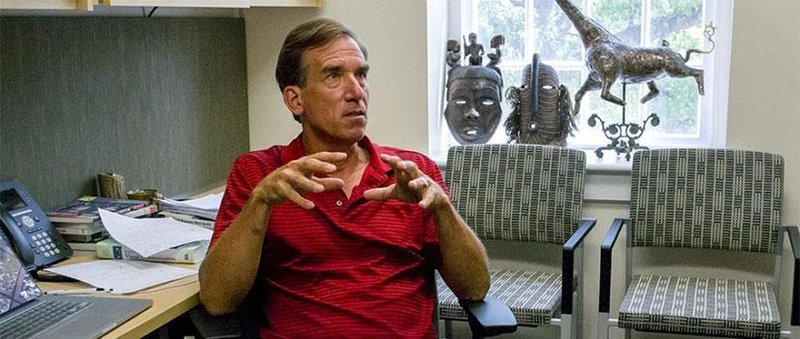
Professor Keith Kenney (Photo Credit: University of South Carolina website)
And, Prof. Kenny was perhaps the only one with a laptop on which all of the Graphics class depended for practicals. Most of the time, though, we used to design our pages by hand (physical drawings)!
As for photography, we were lucky – thanks to him again – that the American Embassy in Uganda lent us Nikkon cameras, which had been used by American journalists at the South Korea Winter Olympics in 1992.
We would take photos at Makerere and elsewhere in Kampala, and then develop the negatives at the Uganda Management Institute (Jinja Road), whose Dark Room was made available to us for practicals. I will never forget the first time when, due to unavoidable circumstances, I arrived after the session had started.
When I managed to enter the Dark Room, I could not see anything but simply heard my coursemates’ voices and Kenny’s as he took us through the practice of developing photo negatives. I must admit, that day I hardly learned anything. But, with time, I picked up.
You should have seen us, especially Johnson and I, walking around, including to lectures, carrying our cameras like American journalists! One day, I traveled to Hoima, my home district, taking photos throughout the bus journey. I still have some of these photos. When students of Lumumba Hall went on strike in 1996, a few of us joined Kenny to record the strike live.
Unfortunately for him, his photos, despite the risk, were false as he had loaded the film wrongly! He discovered the fault when we’d gone to UMI to develop our photos. I must say, all of us experienced such hiccups a few times.
Being humbled by technology was not without foundation; we had hardly received any formal computer training. Indeed, a few weeks after we had embarked on our course in 1994, our Department decreed that no more handwritten courseworks and assignments would be accepted, that Mass Communication was a practical professional course.
You can imagine the panic mode we got into! In the meantime, we were allowed to borrow typewriters (yes, typewriters!) from the University’s Stores Department. We taught ourselves how to use the keyboard and bought secretarial manual books. Personally, I bought a second-hand Olympia typewriter from down-town Kampala – Nkrumah Road, to be specific (I still have this relic at my home).
The interesting lecturers
Indeed, we have fond memories of our lecturers. We have a story to tell of each of them. Kyazze, who, together with Onapito, introduced us to newswriting and reporting literally poked holes in our first news writing courseworks by reading them in front of us. Initially shocked and livid, we learned and came to appreciate constructive criticism – a skill that has shaped our professional careers to-date.
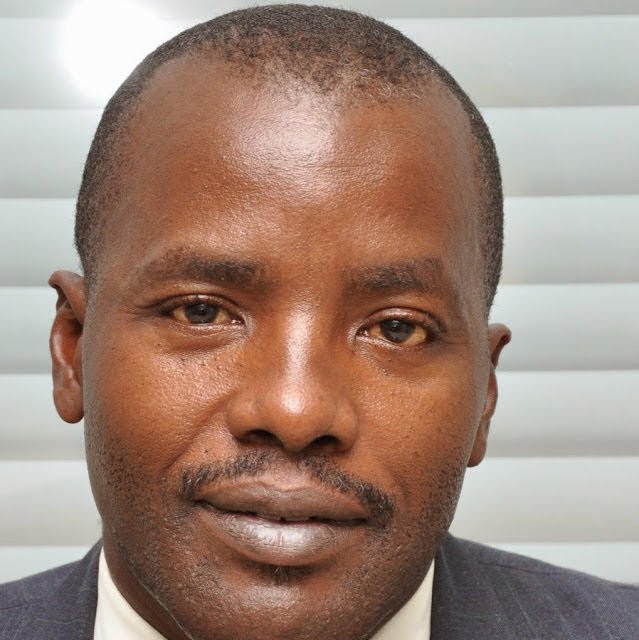
We also remember him for the professional advice he gave us, “It's a sin for a journalist to be without a pen and a notebook at any time”. Hardly do I move without a pen and paper (though now technology has almost rendered it obsolete).
His lifestyle is also vivid in our minds – long, unkempt hair, eye glasses, and a kit bag (just in case you're called for an emergency assignment). He would narrate to us when he was assigned to go to the Democratic Republic of the Congo immediately. Everyone, except him, had already boarded the military helicopter that was transporting them to the DRC to cover an ongoing war.
Steven Shalita’s razor-sharp mind was evident as he took us through media theory. He was particular in the spelling of his first name (he almost roasted me when I spelled it with a “ph”. I will reserve his comment to myself.
He was quite a darling to us. Among others, I remember his wedding at St Francis Chapel, Makerere University in 1996, shortly before he left the University to become the Communications Officer, World Bank, Uganda Office. He is now with the World Bank in New York.
As for Monica, she was social and motherly. We owe her the broadcasting skills we have as her students. One formula that has stuck in my mind is KISS: Keep It Short and Simple.
So much was learned in these years at the university, and so many memories were made - lessons and memories we will keep reminiscing about for a long time.
Related News
![]() Please join hands with the Makerere University Endowment Fund as it works towards attracting & retaining the best faculty, providing scholarships, and investing in cutting-edge research and technology.
Please join hands with the Makerere University Endowment Fund as it works towards attracting & retaining the best faculty, providing scholarships, and investing in cutting-edge research and technology.
